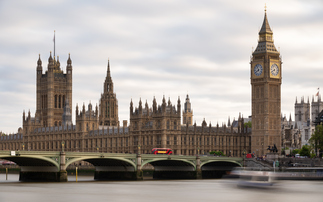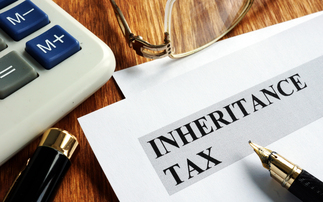The Pensions Regulator (TPR) has intervened to help members of a defined benefit (DB) scheme after it was accidentally converted into a defined contribution (DC) plan.
Trustees of the DCT Civil Engineering Staff Pension Fund, which closed to future accrual in 2002, mistakenly changed the DB scheme's rules in 2010 to calculate accrued benefits on a DC basis.
The amendment happened despite the scheme's actuary telling trustees it would be "very difficult to switch the scheme...without requesting individual members' consent".
The change meant the scheme's 11 members were no longer all eligible for Pension Protection Fund (PPF) compensation when the company went into administration in January 2014. At the time, the scheme had £1.1m of assets but had a deficit on a PPF basis.
However, when the trustees retired and Independent Trustee Services Limited was appointed, an investigation was started. This led to TPR issuing a warning notice, which confirmed the scheme as DB, and a recommendation to the scheme's determinations panel that the rule change be voided.
As a result of TPR's intervention, all scheme members have now been deemed eligible for PPF compensation.
Executive director for frontline regulation Nicola Parish (pictured above) said the intervention was in the best interest of members.
"This case shows that we will use our powers to protect schemes in appropriate cases, regardless of the number of members," she said. "The modification of the scheme rules had a serious impact on reducing members' accrued benefits, and so we considered it appropriate to act to protect them.
"By using our power to declare changes to the scheme rules void, we've enabled members to benefit from PPF protection, which will be higher than they would have received if the amended DC scheme rules had been allowed to stand."
TPR added it had used its powers as it believed it would have been disproportionate to the scheme size to require the trustee to apply to the High Court to void the deed.
ARC Pensions Law partner Anne-Marie Winton said TPR's exercising of a rarely-used power was unfortunate but good for members.
She said: "It's good news that an unfortunate (and, quite frankly, rather strange) error by the former trustees could be solved by TPR exercising its rarely used power to reverse an amendment made to a scheme.
"What was strange in this case was that the former trustees ignored advice from the scheme actuary ‘due to an oversight' and proceeded to sign an incorrectly prepared amending deed that, without any written legal advice on its contents being provided, switched all accrued and future benefits from DB to DC without members' consent.
"It must be a record that the replacement professional trustees took only five days from appointment to ask the regulator to declare the deed void."
A PPF spokesperson said: "We have always been of the view that in the specific circumstances of this case this was an eligible scheme and members were protected by the PPF. We do however welcome the additional certainty that the Regulator was able to provide."









